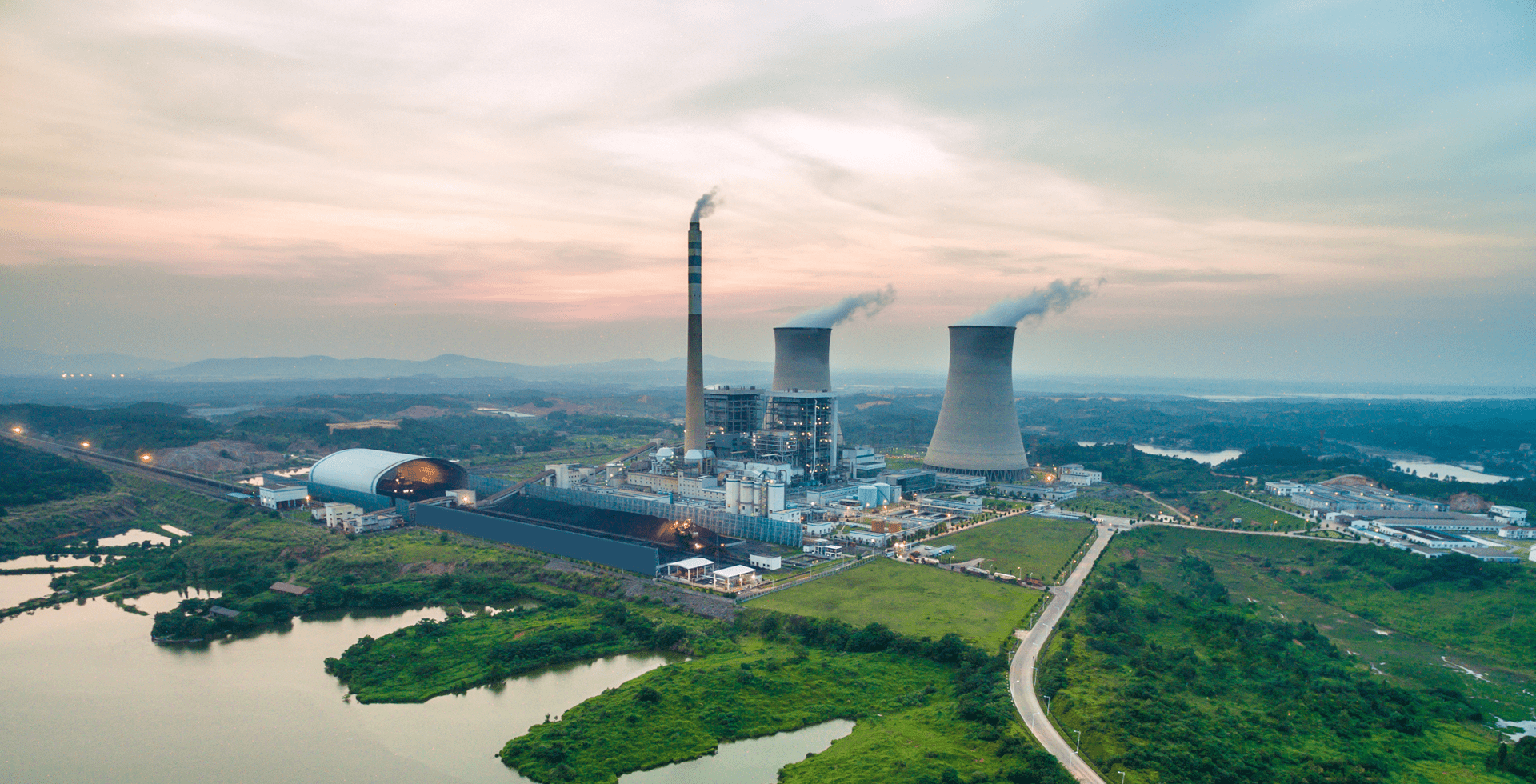Climate | ~ 4 min read
EU methane regulation: a breath of fresh air?

Methane is a top two contributor to global warming and air pollution. New regulation seeks to minimise emissions not just within the European Union but also in global supply chains.
In May, the European Commission adopted regulation aimed at curbing methane emissions in the energy sector across Europe and in global energy supply chains.1 It requires fossil gas, oil and coal operators within the bloc – as well as importers – to adhere to strict monitoring, reporting and verification standards to reduce methane emissions.
Set to take effect in stages from 2025-2027, the regulation seeks to enhance transparency and accountability in methane management.
What are the objectives of the regulation?
This new regulation targets methane emissions from the energy sector as a crucial step towards achieving climate neutrality by 2050. Eighty times more harmful than CO2, methane is the second-largest contributor to global warming and air pollution after CO2 and accounts for about a third of greenhouse gas (GHG) emissions.
The regulation also supports the Global Methane Pledge2 to align European Union (EU) standards with international goals.
Additionally, EU operators will be required to stop avoidable and routine burning of excess natural gas, known as flaring and venting, limiting these practices to emergencies or technical malfunctions, or for safety reasons. The EU will establish a comprehensive database of methane performance profiles for countries and companies to track progress and identify high emitters.
What does it mean for global energy producers?
Most methane emissions linked to fossil energy consumed within the EU occur outside its borders, and new import contracts must adhere to these standards from 2027. The regulation introduces progressively stringent requirements, ensuring that exporters gradually adopt the same monitoring, reporting and verification obligations as EU operators.
International oil companies are more prepared for the regulation than state-owned national oil companies (NOCs). The latter produce over half of the world’s oil and gas but are less pressured by investors, shareholder resolutions and public demands.
However, the inclusion of importers in this new EU rule is expected to accelerate development of methane-abatement technologies within NOCs’ operations. This move will likely push them to align more closely with global methane management practices, reducing their environmental impact and enhancing operational transparency .
The energy industry will begin adhering to these requirements from 1 January 2025 when flaring will be banned in the coal industry, and venting and flaring from drainage stations will be banned for oil and gas producers.
Methane is a high potency GHG yet can be overlooked in efforts to reduce emissions. We view this regulation as a real step forward, in accountability, transparency and in preventing the shift of polluting activities to other locations.
1 Source: European Commission, New EU Methane Regulation to reduce harmful emissions from fossil fuels in Europe and abroad
2 The Global Methane Pledge is a collective effort to reduce global methane emissions at least 30 percent from 2020 levels by 2030: https://www.globalmethanepledparge.org/






